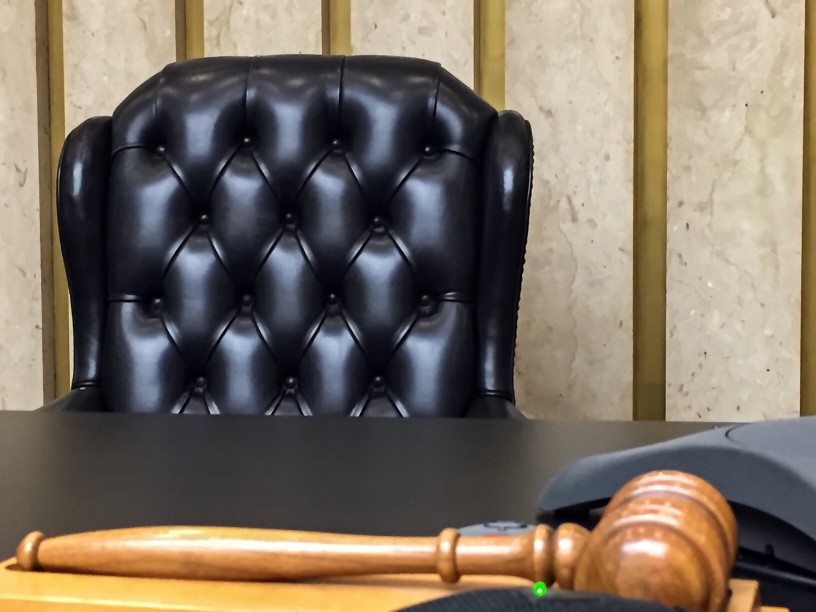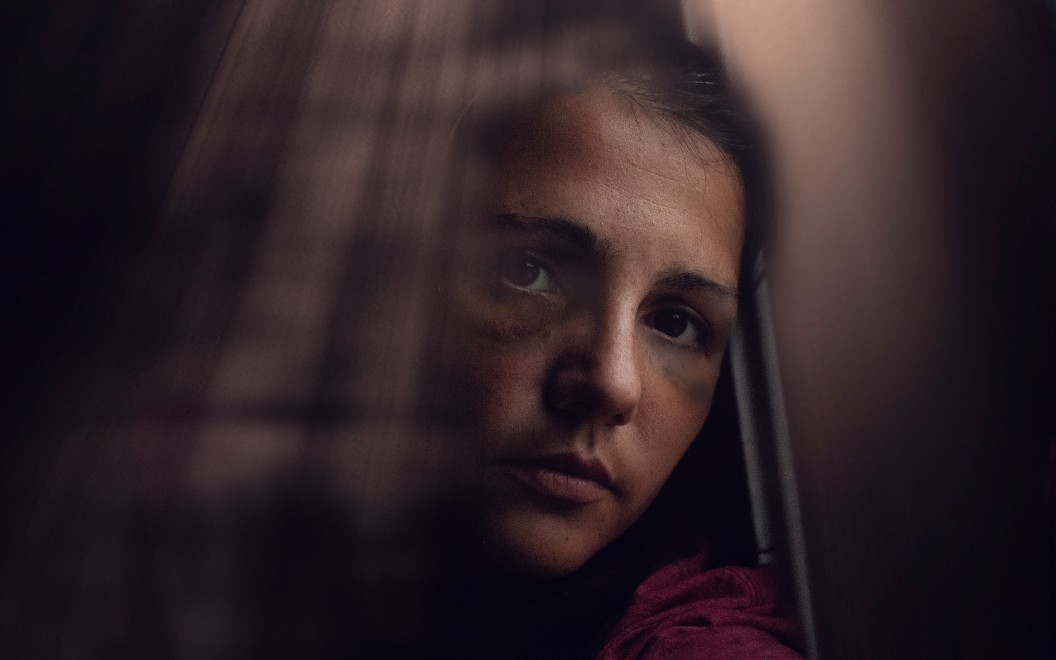Parenting Orders and the Presumption of Equal Shared Parenting Responsibility is dealt with under Section 61DA of the Family Law Act which requires a Court, when making a parenting order in relation to a child, to apply a presumption that it is in the best interests of the child for the child’s parents to have equal shared parenting responsibility for the child. Altius Partners Lawyers are extremely experienced in this area of law.
The presumption provided for in this subsection is a presumption that relates solely to the allocation of parenting responsibility for a child. It does not provide for a presumption about the amount of time the child spends with each of the parents (this issue is dealt with in section 65DAA).
The presumption does not apply if there are reasonable grounds to believe that a parent of the child (or a person who lives with a parent of the child) has engaged in:
- abuse of the child or another child who, at the time, was a member of the parent’s family (or that other person’s family); or
- family violence.
When deciding what is in the best interests of a child, the Family Law Act requires a court to take into account:
Primary considerations:
- the benefit to children of meaningful relationships with both parents
- the need to protect children from physical or psychological harm (from being subjected or exposed to abuse, neglect or family violence).
Additional considerations:
- the child’s views and factors that might affect those views, such as the child’s maturity and level of understanding
- the child’s relationship with each parent and other people, including grandparents and other relatives
- the willingness and ability of each parent to facilitate and encourage a close and continuing relationship between the child and the other parent
- the likely effect on the child of changed circumstances, including separation from a parent or person with whom the child has been living, including a grandparent or other relatives
- the practical difficulty and expense of a child spending time with and communicating with a parent
- each parent’s ability (and that of any other person) to provide for the child’s needs
- the maturity, sex, lifestyle and background of the child and of either of the child’s parents, and any other characteristics of the child that the court thinks are relevant
- the right of an Aboriginal and Torres Strait Islander child to enjoy his or her culture and the impact a proposed parenting order may have on that right
- the attitude of each parent to the child and to the responsibilities of parenthood
- any family violence involving the child or a member of the child’s family
- any family violence order that applies to the child or a member of the child’s family, if:
- the order is a final order, or
- the making of the order was contested by a person
- whether it would be preferable to make the order that would be least likely to lead to further court applications and hearings in relation to the child, and
- any other fact or circumstance that the court thinks is relevant.
Also, the Court must consider the extent to which each of the child’s parents has fulfilled, or failed to fulfill, his or her responsibilities as a parent and, in particular, the extent to which each of the child’s parents:
(a) has taken, or failed to take, the opportunity:
(i) to participate in making decisions about major long term issues in relation to the child; and
(ii) to spend time with the child; and
(iii) to communicate with the child; and
(b) has facilitated, or failed to facilitate, the other parent:
(i) participating in making decisions about major long term issues in relation to the child; and
(ii) spending time with the child; and
(iii) communicating with the child; and
(c) has fulfilled, or failed to fulfil, the parent’s obligation to maintain the child.
If the child’s parents have already separated, a court must consider events and circumstances since the separation.
If you need help with Parenting Order-call us now on 03 9642 2116 – Altius Partners Lawyers










